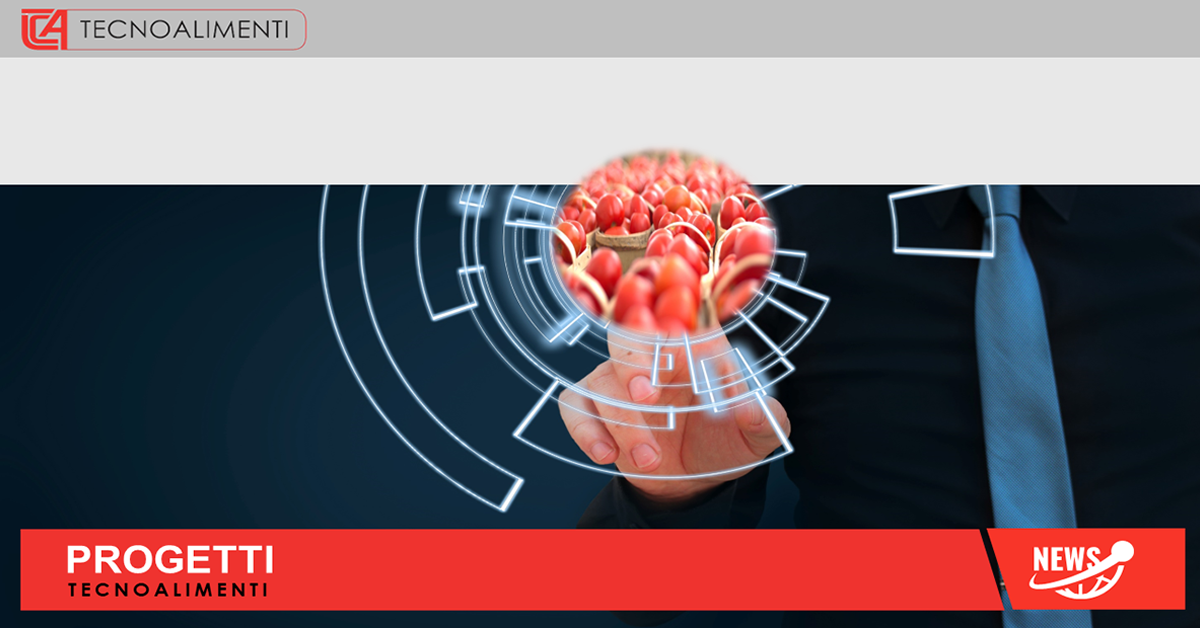End-user driven DEmo for cbrNe
FP7 2012 – Topic SEC-2012.1.5-1 CBRNE Demo Phase II (collaborative project)
In recent years, there has been a rise in accidental or deliberate (Chemical, Biological, Radiological and Explosive) CBRNe events which have previously been considered as low probability events that might however have a big impact on the citizens and the society. The increase in CBRNe threats or hazards are very serious, and include chemical warfare agents, toxic industrial chemicals, biological agents, and radiological and nuclear particulate hazards that may inflict bodily harm, incapacitation, or even death.
The EDEN (End-User Driven Demo forCBRNe) Framework Seven Security Demonstration Project is an European Union (EU)-wide collaborative project involving a consortium of thirty-six members across 15countries, with BAE Systems as the project consortium lead. The consortium members comprise of six CBRNe domain end-users, major corporate stakeholders, large system integration and solution providers, including Small to Medium Enterprise sand Research and Technology Organisations. (The full list of consortium members are detailed in Appendix A)
The EDEN project started 1st September 2013 and will run for a duration of three years. The project will cover the whole cycle of CBRNe (prevention, preparedness, response) aiming at developing and ensuring the resilience capacity of the EU society. All demonstration efforts will be aimed at both integrating and coordinating existing EU capacities and competences. A key project aim will be to achieve the development of a “multi-facetted system of systems approach” that will provide an EU-tailored solution able to improve CBRNe-equipment resilience and allow enhanced interoperability between CBRNe operators.
The EDEN solutions matured during the project allow the opportunity to evaluate large scale integration of CBRNe Security and Counter-Terrorism techniques whilst improving cross border cooperation, interoperabilityand standardisation.The EDEN programme will also provide improved EU-coordination and communication at the national and European level. As a result of the programme, EU-member states and their response agencies will be better equipped by improved security systems integration, interconnectivity and interoperability in countering the CBRNe threat.
The EDEN project will leverage the added-value of tools and systems from previous research and development efforts, bringing other innovative solutions to improve CBRNe resilience through their adaptation and integration. It aims also at developing CBRNeresearch activities in the EU, linking end-users, scientists and industrial experts.
EDEN will be validated by three themed end-user demonstrations (Food Industry, Multi Chemical, Radiological) covering multiple hazards (CBRNe) and phases of the security cycle, response tiers, and stakeholders.
The project demonstration outputs will aim to allow capabilities to be shared among multi-national CBRNe stakeholders, which is paramount in cross-border incident management, and through time will allow for a build-up of common capability across European boundaries.
The impact of EDEN is to provide an affordable solution countering the CBRNe-threat, with improved resilience and market sustainability through the better integration of systems in real operations and thus enhancing the safety of citizens.
Partner di progetto
List of EDEN project consortium members:
- BAE Systems United Kingdom
- EADS Astrium France
- Norwegian Defense Research Establishment Norway
- Tecnoalimenti Italy
- SELEX ES Spa Italy
- SAMU – Uiversite Pris XII val de Marne France
- The Main School of Fire Service Poland
- Centre for Science, Society and Citizenship Italy
- Astri Polska Poland
- Istituto Affari Internazionali Italy
- CBRNE LTD United Kingdom
- Center for Applied Molecular Technologies Belgium
- Laser Diagnostic Instrument Estonia
- Fraunhofer Ernst-Mach-Institute, Germany
- Technical Research Centre of Finland – VTT Finland
- Foundation for Strategic Research – FRS France
- Indra Estonia
- INERIS France
- SICPA Switzerland
- Magen David Adom Israel
- PIAP Poland
- Hotzone Solutions Netherlands
- Italian National Agency for New Technologies – ENEA Italy
- Nucletudes France
- OMNIDATA S.A Romania
- University of the Basque Country Spain
- University of Reading United Kingdom
- Bruker Daltonics Ltd United Kingdom
- Ldiamon AS Estonia
- Microfluidic Germany
- Robert Koch Institute Germany
- European Virtual Institute for Integrated Risk Management France
- Health Protection Agency United Kingdom
- Space Research Center of the Polish Academy of Sciences Poland
- AINIA Spain
- School of Medicine of Policlinico Universitario “A. Gemelli” Italy
- European CBRNE Center – CBRNE Sweden



